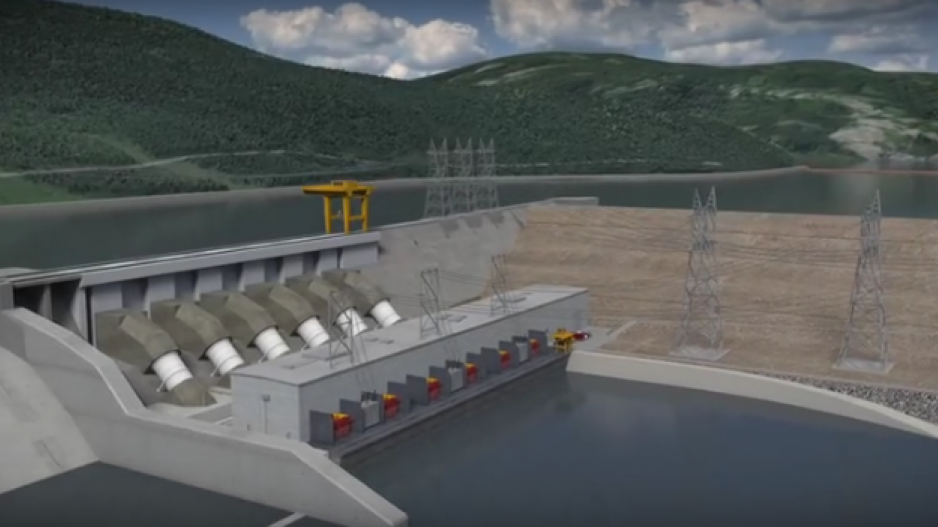B.C. Premier Christy Clark and the leaders of the NDP and the Green Party got into a war of words June 6 over the uncertain future of the Site C hydroelectric dam project.
NDP Leader John Horgan got things started last week when he urged BC Hydro to suspend the eviction of two families and stop finalizing major contracts until a new government decides whether the $8.8-billion project will proceed.
Horgan and Green Leader Andrew Weaver have signed a pact to bring down Clark’s Liberal government at the earliest opportunity and refer Site C for independent review by the BC Utilities Commission.
“Because the status of the next governments of British Columbia [is] uncertain, the threat of imminent removal of residents from their expropriated homes and property is unreasonable,” Horgan said in a May 31 letter to BC Hydro president Jessica McDonald.
Clark fired off a response Tuesday, warning Horgan and Weaver that suspending the evictions will result in costly project delays.
She said moving the homes is part of a two-year road- and bridge-building phase that will allow the province to begin diverting the Peace River during its low-flow period in September 2019.
If the project is delayed a few months, the diversion will get pushed back to September 2020, Clark says.
“This one-year delay is estimated to cost ratepayers $600 million.”
She then asked Horgan and Weaver to get back to her soon and indicate whether they still want to delay the project, “with the knowledge that BC Hydro ratepayers may be at risk of incurring a $600-million cost increase to Site C.”
Horgan issued a rebuttal late Tuesday, accusing Clark of making “unsupported claims” about the costs of a delay.
“Under the BC Liberals, British Columbians have seen their Hydro bills go up 87 per cent,” he wrote.
“I made this request because I will not allow British Columbians to be hit with even higher Hydro rates due to your mismanagement of this project.”
Horgan said he stands by his promise of an independent review.
“If you are truly concerned about this timeline, there is a simple solution: Recall the legislature immediately and face a confidence vote so British Columbians can get the new government they voted for,” he said.
Weaver, meanwhile, joined the fray with a letter of his own, expressing disappointment with Clark for trying to push the project ahead despite calls for a review.
“Your government is turning a significant capital project, that potentially poses massive economic risks to British Columbians, into a political debate rather than one informed by evidence and supported by independent analysis.”
Weaver said he would respond to Clark’s claims about the cost of delays once she turns over all the supporting evidence, including signed contracts, briefing notes and the project schedule.
Last month, immediately following the provincial election, Clark said British Columbians sent a strong message to all sides of the legislature:
“They want us to work together collaboratively and across partisan lines.”




